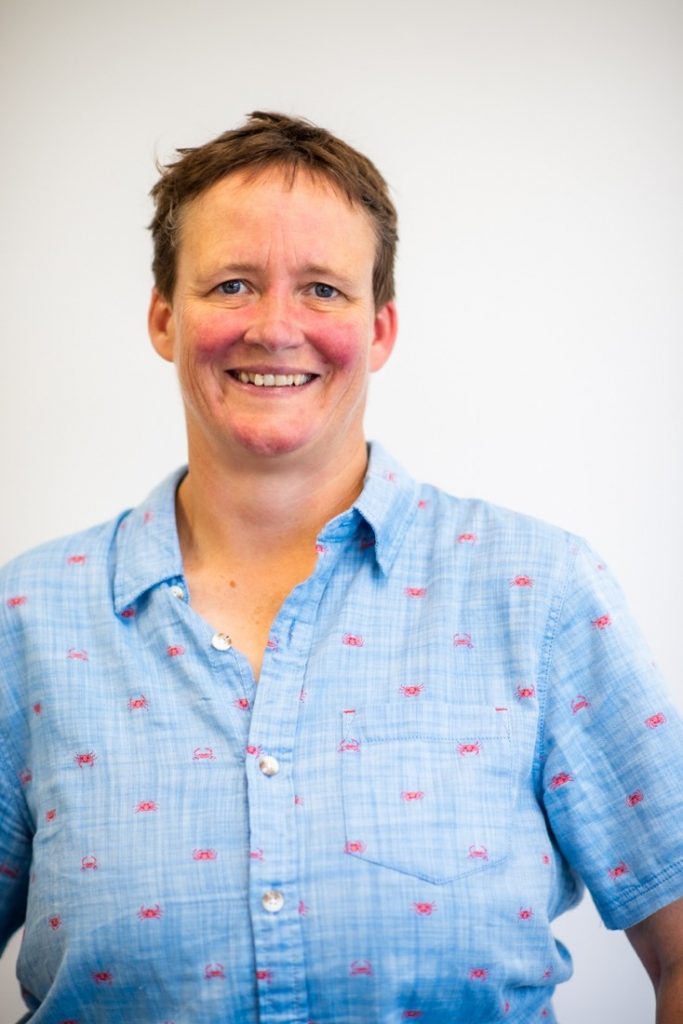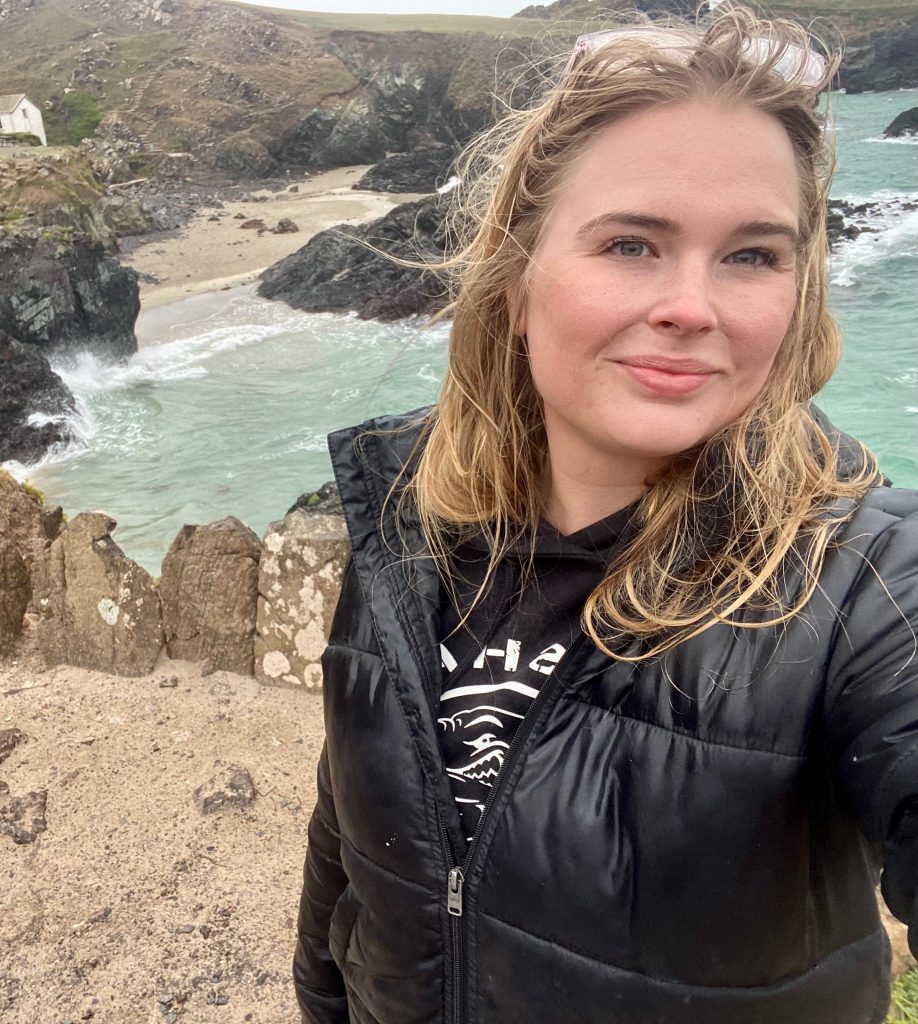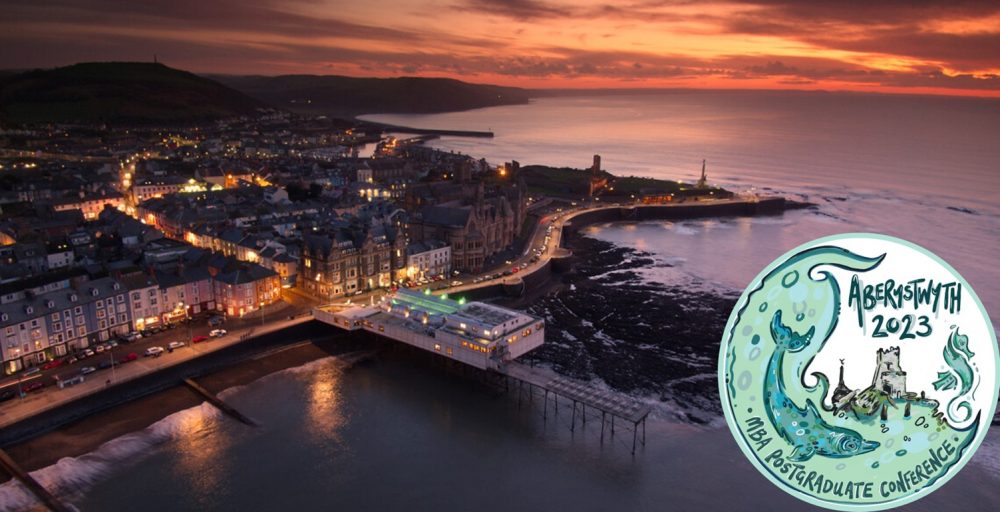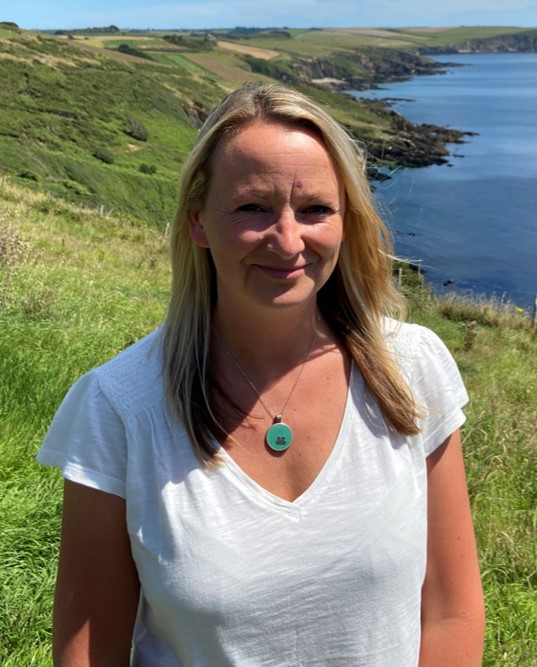Dr Emma Sheehan
Building ecosystem resilience and prosperous sustainable fisheries with a whole site approach to Marine Protection.
Dr Emma V. Sheehan is an Associate Professor of Marine Ecology at the University of Plymouth. Her research is focused on Marine Protected Areas (MPA), spatial fisheries management and emerging blue industries such as marine renewables and offshore shellfish aquaculture, that if managed to exclude destructive human practices, have the potential to restore the health and functionality of biogenic habitats. To inspire and inform ambitious marine policy and management, Dr Sheehan leads the applied Marine Ecosystems Research unit (https://www.plymouth.ac.uk/research/applied-marine-ecosystems-research-unit/amer ) that develops and utilises non-destructive techniques to assess the effectiveness of spatial management for species and habitats over large spatial and temporal scales.
Professor Pippa Moore

The structure, function and blue carbon potential of UK kelp forests
Pip Moore is a Professor of Marine Science at Newcastle University having previous worked as an academic at Aberystwyth University. Her research interests include the impact of climate change and other anthropogenic activities on coastal marine ecosystems. Broadly, her current research projects include kelp forest ecology, blue carbon, marine heatwaves, and eco-engineering.
Kelp forests extend along 33% of the global coastline, where they provide a 3-dimensional habitat that supports elevated levels of primary and secondary production as well as providing a range of goods and services to human society. At the same time these vital ecosystems are subjected to a range of anthropogenic stressors from direct exploitation to the impacts of climate change. Some of the early pioneering work on the ecology, distribution and standing stock of kelp was undertaken in the UK, but from the 1980s onwards attitudes and regulations towards scientific diving has meant that the UK has lagged behind other countries in our ecological understanding of kelp forests. Here I will present research undertaken over the last eight years where we have undertaken large-scale (across 9° of latitude) mensurative experiments to better understand how the structure of kelp and kelp associated assemblages vary across natural gradients. Using space-for-time substitutions and experimental manipulations I will also outline the likely responses of kelp to future climate warming and what this might mean for the structure, functioning and ecosystem services kelp forests provide. Finally, I will the potential UK kelp forests to act as blue carbon donors.
Hannah Rudd

Britain’s Living Seas: Creating Connection with Our Shores & Empowering Everyday Marine Conservationists.
Hannah Rudd is a marine scientist and science communicator, based in Suffolk, who specialises in sharks. Her first book, Britain’s Living Seas: Our Coastal Wildlife and How We Can Save It, written in collaboration with the Wildlife Trusts, aims to shed light on the beauty of our shores whilst informing the public on the ocean emergency and empowering people to protect our marine environment. Hannah is also currently the Policy & Advocacy Manager for the Angling Trust, a Marine Scientist collaborating with Shark Hub UK, Trustee of the Pat Smith Database, and an ambassador for the High Seas Alliance.
Life below the waves around the British Isles is often overlooked in favour of warmer shores, yet our seas are filled with interesting species that are no less exciting than those found further afield. The very ecological diversity that makes our seas unique also makes them vulnerable to exploitation. Ultimately, the action we take in the next decade to curtail the climate emergency and ecological breakdown will dictate the future of our blue world. While leadership must be shown throughout society, we should never underestimate our power as individuals and as communities to use our voices in trying to turn the tide.
Forging a connection with our shores is key to empowering people and communities to take ocean action. Communicating ocean optimism through community projects and nature-based solutions to the ocean crisis is vital to mobilising sustained action for our seas. Yet access to blue spaces is unequal, and many sustainable choices are a privilege. It will take an ocean of people to generate the change required to safeguard a healthy future for our seas, life within them and the communities that depend on them. Our collective conservation success depends on a seat at the table for people from every background and walk of life. The ocean touches all our lives, and together, we must make a positive difference for our blue world.
In this talk Hannah will share examples from her experiences with the recreational angling community that touch on these key themes, alongside personal anecdotes from being an early-career marine scientist and conservationist.

